She-Hulk Needs To Resolve Marvel’s Biggest Plot Hole
Marvel needs to use the opportunity She-Hulk: Attorney at Law presents to explain what happened to the Sokovia Accords.
This article is more than 2 years old
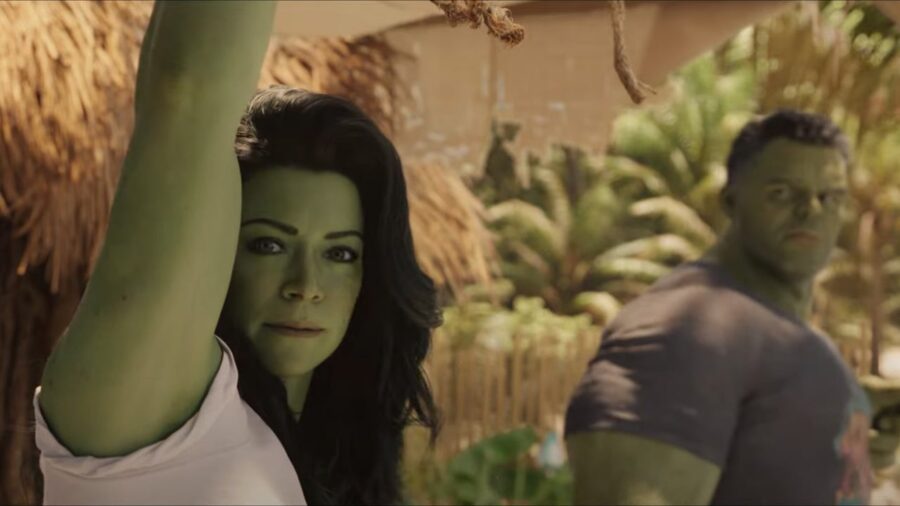
Why we’re only a handful of episodes into the Disney+ series, She-Hulk: Attorney at Law is already different from just about anything in the Marvel Cinematic Universe. With Tatiana Maslany playing a lawyer specializing in superhuman law, we have the chance to finally get the answers to questions that have been bugging fans for years. In particular there’s one legal question that the MCU once revolved around, but that seemed to just inexplicably disappear. Namely, what happened to the Sokovia Accords, and why aren’t some of the surviving Avengers in prison?
A Refresher On The Sokovia Accords
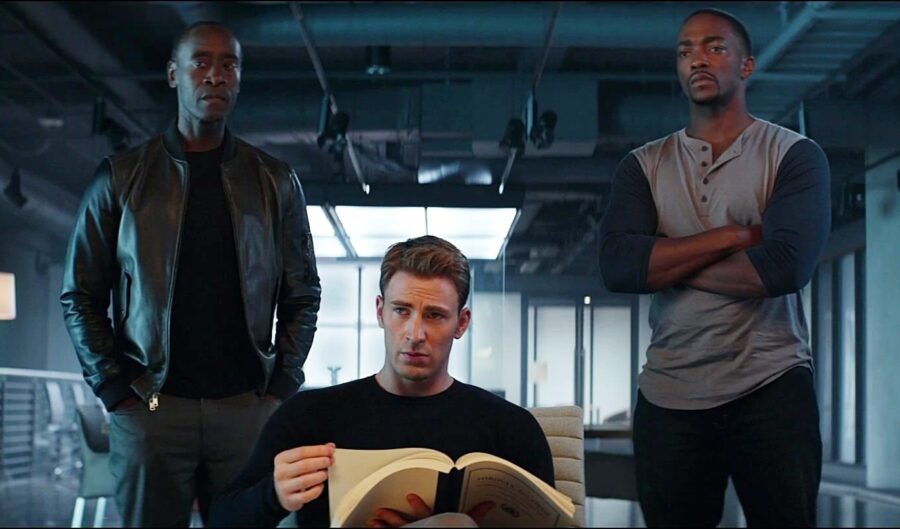
In 2016’s Captain America: Civil War–after Wanda (Elizabeth Olsen) unintentionally causes the deaths of 26 civilians in Lagos–the Sokovia Accords are passed by the United Nations. The Accords make the Avengers an arm of the UN, who are only able to act with their permission and oversight. It’s a bridge too far for many of the heroes, who split from the team and follow Captain America’s (Chris Evans) leadership.
With She-Hulk bringing the subject of superhuman law in Marvel’s narrative front and center, it seems like a perfect time for the MCU to handle how inconsistent it’s been with the Accords. In WandaVision we find out the Accords are still in effect, but the MCU’s different storytellers seem to acknowledge them only when it’s convenient to the plot. Otherwise they’re utterly ignored.
The Sokovia Accords Ignored Infinity War’s Survivors
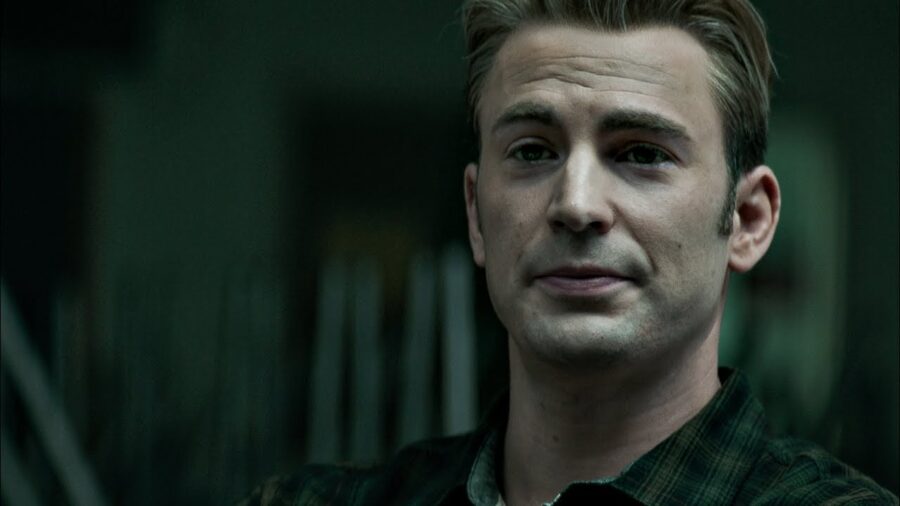
For one thing, She-Hulk: Attorney at Law might be able to tell us why Marvel heroes like Steve Rogers and Natasha Romanoff (Scarlett Johansson) were not only not in prison in 2019’s Avengers: Endgame, but were operating in the open without any attempt to hide. Rogers was leading survivors group sessions while Romanoff was in Avengers HQ, coordinating internationally–and even beyond Earth’s borders–with other characters like Rhodey (Don Cheadle), Okoye (Danai Gurira), and Captain Marvel (Brie Larson).
In The Falcon and the Winter Soldier we learn that the heroes who refused to sign the Sokovia Accords are ultimately pardoned, but it seems unlikely this would’ve happened until after Endgame. After all, why would their failure to defeat Thanos (Josh Brolin) in Avengers: Infinity War make the world more sympathetic toward the heroes? It’s also possible that, in the wake of Thanos’s snap, neither the UN nor anyone else felt capturing superheroes was a priority. Regardless, an explanation was never given.
Two Avengers Potentially Belong In Prison, Regardless Of The Accords
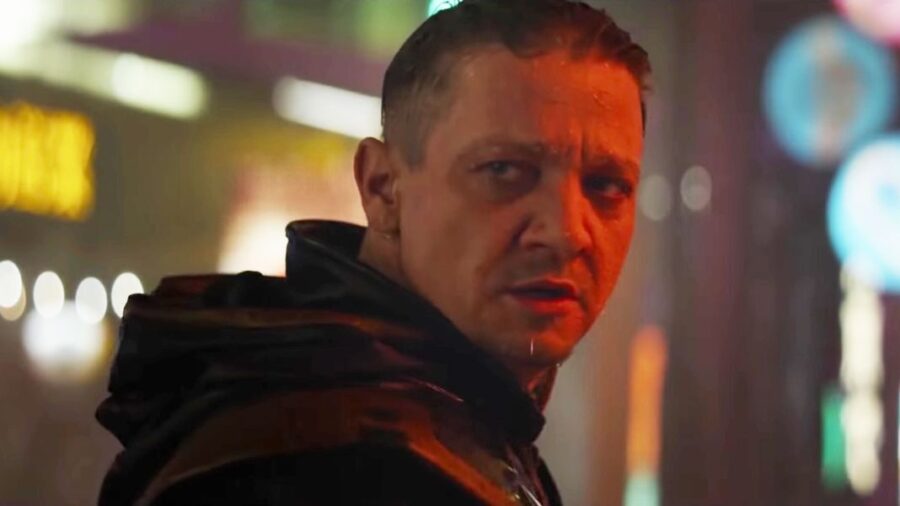
Clint Barton is a mass murderer and it has nothing to do the Sokovia Accords. One thing She-Hulk might do is explain to Marvel fans why the archer is free. He’s under house arrest in the opening moments of Endgame, and after the death of his family he leaves house arrest to embark on an international killing spree that would make someone like Jon Bernthal’s the Punisher green with envy. By the time we get back to him in Hawkeye, as far as we’re shown, Barton is never prosecuted for leaving house arrest, nor is he punished for all the murders he committed. Whether or not you feel what he did is justified, it doesn’t explain why legal action was never taken.
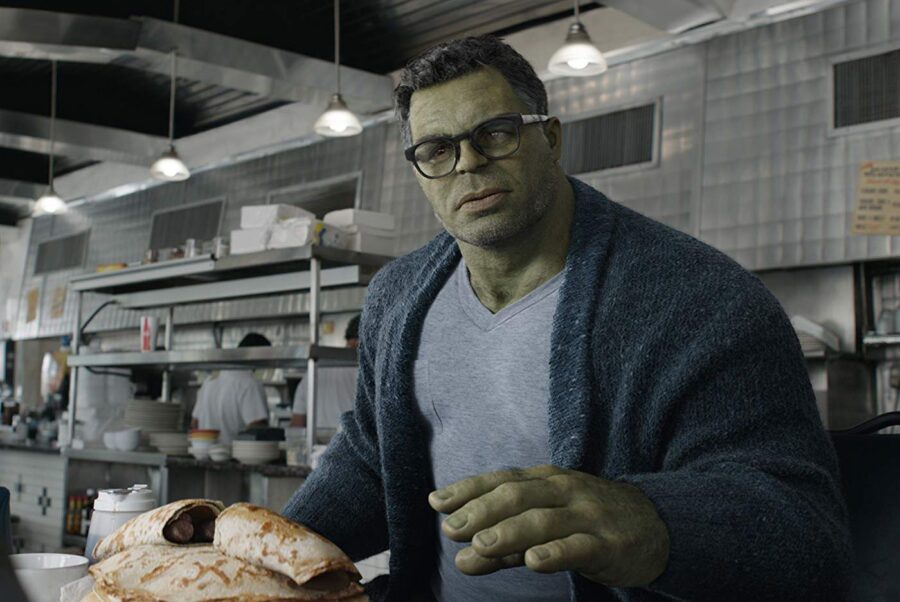
Then there’s someone She-Hulk has a more personal stake in, Marvel’s Incredible Hulk. It may be easy to forget, but before Bruce Banner (Mark Ruffalo) crashed into the Sanctum Sanctorum in Infinity War, he was a wanted man. His rampage in Johannesburg–incited by Wanda’s powers–destroyed property and lives. Before anyone can even attempt to defend Banner for what happened, he’s left the team and the planet. Yet in Endgame, he’s openly eating in a diner and posing for young fans.
Again, let’s be clear–there are plenty of possible explanations for why legal action was never taken against Barton and/or Banner, but they’re never shared. We’re left to assume that no explanation is given simply because the movies/shows would be longer if the storytellers bothered.
What About Doctor Strange and Wong?
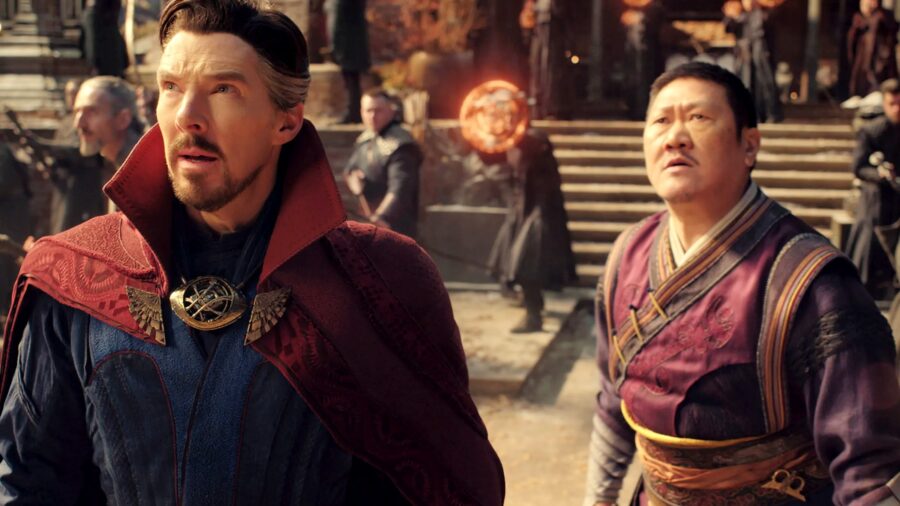
Since She-Hulk will soon feature Marvel’s Sorcerer Supreme–which, remember, is still Wong (Benedict Wong)–perhaps we’re about to get an answer to exactly what the legal status of Doctor Strange (Benedict Cumberbatch), Wong, and the forces of Kamar-taj is according to the Sokovia Accords. Strange had yet to get involved with the Avengers when Civil War happened, but he’s part of the gang now and it’s no secret. We learn early in this year’s Doctor Strange in the Multiverse of Madness that the mystic hero’s involvement in the battle against Thanos is common knowledge in the MCU.
So is Doctor Strange a government employee now? What about Wong and the rest of Kamar-taj? It certainly doesn’t seem like Strange or Wong would tolerate the notion of being under the thumb of any earthbound agency. They certainly didn’t ask for anyone’s permission before saving America Chavez (Xochitl Gomez) from Shuma Gorath. Nor do we see them enduring any bureaucratic oversight in their futile attempt to protect Kamar-taj from Wanda, or for Strange and America traveling through the Multiverse. We’re not sure which form would give Strange permission to possess the dead body of his own variant, but it probably takes a long time to fill out.
And yet, if they’re not operating according to the Sokovia Accords, why aren’t they wanted men?
No, This Isn’t Nitpicking
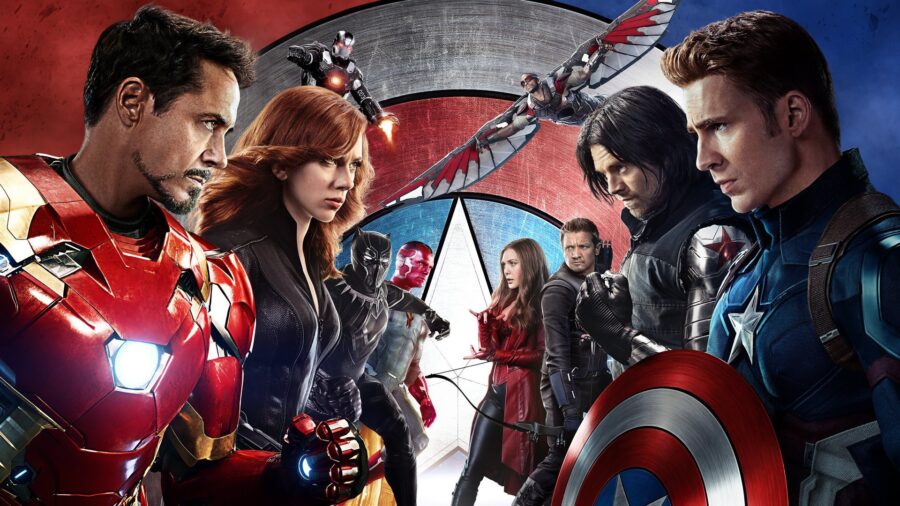
We are sure that the call for She-Hulk to finally resolve these Marvel questions will be called “just fan nitpicking” by some, just as we’re sure those are minds that won’t be changed. But we’d ask you to consider what the MCU would look like without the Sokovia Accords. Without them, the Avengers never would have gone to war. T’Chaka (John Kani) probably still be alive and still sitting on the Wakandan throne, Wakanda’s secrets would never have been revealed, and Spider-Man (Tom Holland) would never have joined the Avengers. Most importantly, when Thanos and his Black Order came for the Stones they would have been faced with a much larger and united team of Avengers. Consider how close the heroes got to defeating Thanos on Titan in Infinity War, and imagine that team’s roster doubled. The Sokovia Accords changed the MCU forever, and fans deserve to get their story resolved.












